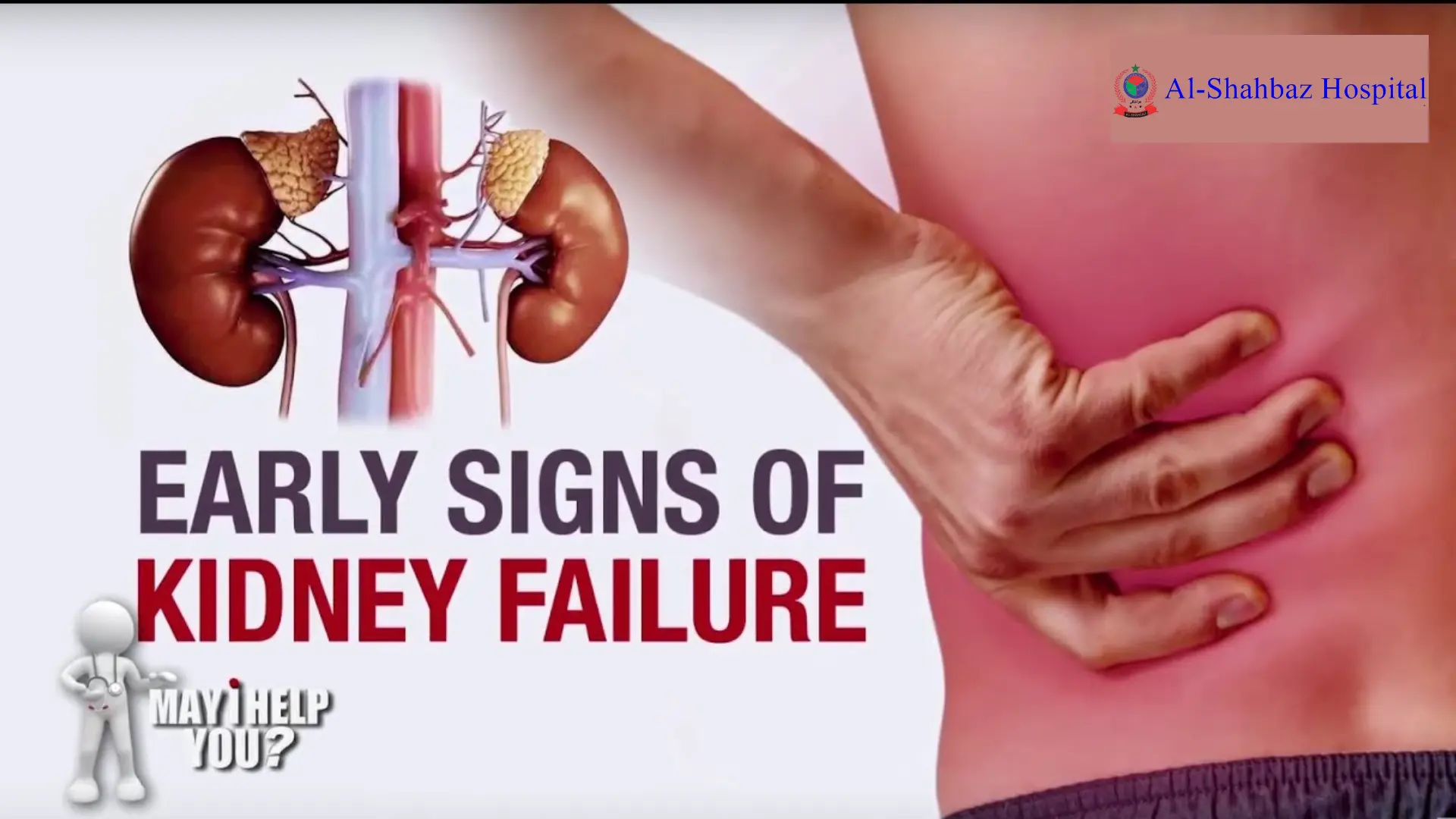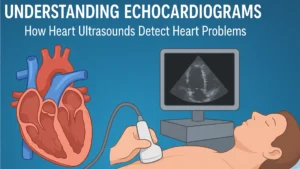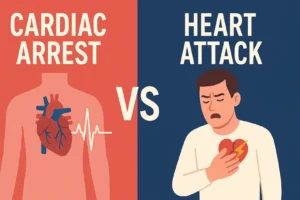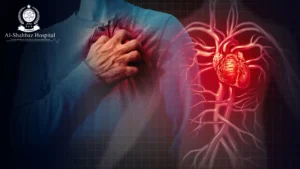Understanding, Prevention, and Protection of Your Kidney Health
Keywords: kidney failure stages, early kidney disease symptoms, chronic kidney disease prevention, kidney health, CKD stages, kidney failure prevention, kidney disease risk factors
Kidney failure doesn’t happen overnight. It’s a gradual process that often begins silently, making early detection and prevention crucial for maintaining optimal kidney health. Understanding the early stages of kidney failure and implementing preventive measures can significantly reduce your risk of developing chronic kidney disease (CKD) and its life-threatening complications.
Understanding Kidney Failure: The Silent Health Crisis
Chronic kidney disease affects millions worldwide, yet many people remain unaware of their condition until it reaches advanced stages. According to recent statistics, kidney disease is now the seventh leading risk factor for mortality globally, with its prevalence increasing dramatically across all age groups.
What Happens During Kidney Failure?
Your kidneys are vital organs responsible for filtering waste products, excess water, and toxins from your blood. When kidney function begins to decline, waste products accumulate in your body, leading to various health complications. The progression from healthy kidneys to kidney failure occurs through five distinct stages, each characterized by decreasing kidney function.
The Five Stages of Chronic Kidney Disease
Understanding CKD stages is essential for early intervention and prevention:
Stage 1: Normal or High Function (GFR ≥ 90)
- Kidney function remains at 90% or higher
- May have kidney damage with normal kidney function
- Often, no symptoms are present
- Detected through routine blood and urine tests
Stage 2: Mild Decrease in Function (GFR 60-89)
- Kidney function reduced to 60-89%
- Mild kidney damage with a slight decrease in function
- Usually no noticeable symptoms
- Requires monitoring and lifestyle modifications
Stage 3: Moderate Decrease in Function
Stage 3a (GFR 45-59) and Stage 3b (GFR 30-44)
- Kidney function reduced to 30-59%
- Waste products begin accumulating in the blood
- First symptoms may appear: fatigue, fluid retention, changes in urination
Stage 4: Severe Decrease in Function (GFR 15-29)
- Kidney function was severely reduced to 15-29%
- Significant symptom development
- Preparation for renal replacement therapy
Stage 5: Kidney Failure (GFR < 15)
- Kidney function below 15%
- Requires dialysis or a kidney transplant for survival
Early Warning Signs: Recognizing Kidney Disease Symptoms
One of the most challenging aspects of kidney disease is its silent progression. As many as 9 in 10 adults with CKD are unaware they have the disease, particularly in early stages. However, certain warning signs may indicate declining kidney function:
Physical Symptoms
- Fatigue and weakness: Reduced kidney function leads to anemia and toxin buildup
- Swelling (edema): Particularly in the feet, ankles, hands, or face
- Changes in urination: Increased frequency, especially at night, foamy urine, or blood in urine
- Persistent back pain: Located near the kidneys
- High blood pressure: Often the first sign of kidney problems
- Shortness of breath: Due to fluid accumulation or anemia
Laboratory Indicators
- Elevated creatinine levels in blood
- Decreased estimated glomerular filtration rate (eGFR)
- Protein in urine (proteinuria)
- Abnormal blood urea nitrogen (BUN) levels
Major Risk Factors for Kidney Disease
Understanding your risk factors helps in prevention and early detection:
Primary Risk Factors
- Diabetes mellitus: The leading cause of kidney disease
- High blood pressure (hypertension): The second leading cause
- Family history: Genetic predisposition to kidney disease
- Age: Risk increases after age 60
- Ethnicity: Higher risk in African American, Hispanic, Asian, and Native American populations
Secondary Risk Factors
- Cardiovascular disease: Heart conditions increase kidney disease risk
- Obesity: Excess weight strains kidney function
- Smoking: Damages blood vessels and reduces kidney function
- Excessive NSAID use: Long-term use of pain medications
- Autoimmune diseases: Lupus, rheumatoid arthritis
- Urinary tract infections: Frequent or untreated UTIs
Comprehensive Kidney Disease Prevention Strategies
Prevention remains the most effective approach to avoiding kidney failure. Here are evidence-based strategies to protect your kidney health:
1. Blood Sugar Management
For diabetics and pre-diabetics:
- Maintain HbA1c levels below 7% (or as recommended by your doctor)
- Monitor blood glucose regularly
- Follow prescribed diabetes medications
- Adopt a diabetes-friendly diet
- Regular exercise and weight management
2. Blood Pressure Control
- Target blood pressure: Less than 130/80 mmHg for most adults
- Regular monitoring and medication compliance
- Reduce sodium intake to less than 2,300mg daily
- Maintain a healthy weight
- Limit alcohol consumption
- Manage stress through relaxation techniques
3. Heart-Healthy Diet
Follow a kidney-protective diet including:
Foods to Include:
- Fresh fruits and vegetables
- Whole grains
- Lean proteins (fish, poultry, plant-based)
- Low-fat dairy products
- Healthy fats (olive oil, avocados, nuts)
Foods to Limit:
- Processed and packaged foods are high in sodium
- Red meat and processed meats
- Added sugars and refined carbohydrates
- Excessive phosphorus and potassium (in advanced stages)
4. Lifestyle Modifications
- Maintain a healthy weight: BMI between 18.5-24.9
- Regular exercise: At least 150 minutes of moderate activity weekly
- Quit smoking: Smoking damages blood vessels and kidney function
- Limit alcohol: No more than 1-2 drinks daily
- Stay hydrated: Adequate water intake (unless restricted)
- Avoid excessive NSAID use: Use pain medications judiciously
5. Regular Health Monitoring
- Annual kidney function tests (creatinine, eGFR, urinalysis)
- Blood pressure monitoring
- Diabetes screening and management
- Cholesterol level monitoring
- Regular check-ups with healthcare providers
The DASH Diet for Kidney Health
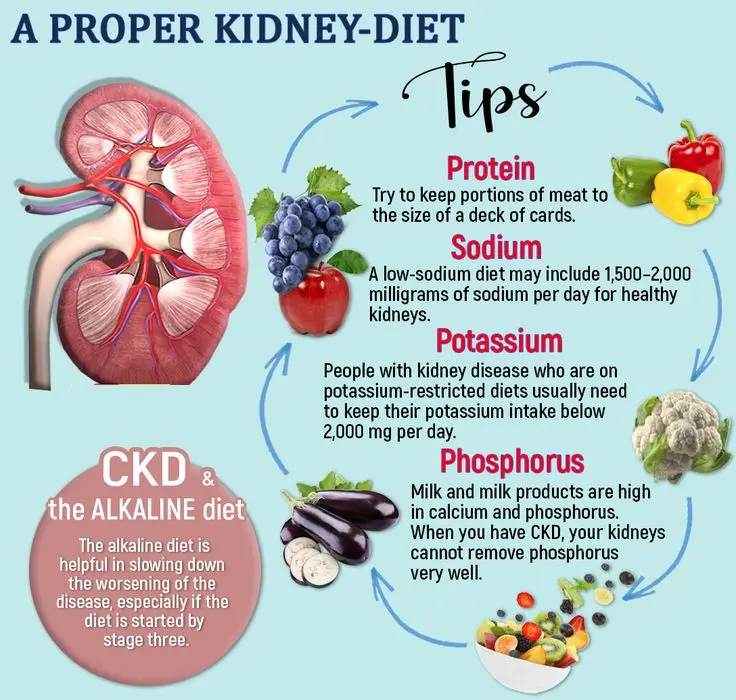
The Dietary Approaches to Stop Hypertension (DASH) diet has proven effective for kidney disease prevention:
DASH Diet Principles
- Emphasizes fruits, vegetables, and whole grains
- Includes low-fat dairy products
- Moderate amounts of lean meat, poultry, and fish
- Limited sodium, sweets, and saturated fats
- Rich in potassium, calcium, and magnesium
Sample Daily Meal Plan
Breakfast: Oatmeal with berries and low-fat milk. Lunch: Grilled chicken salad with mixed vegetables. Dinner: Baked salmon with quinoa and steamed broccoli. Snacks: Fresh fruit, unsalted nuts, low-fat yogurt
Current Statistics and Global Impact
Recent data highlights the growing kidney disease crisis:
- Global prevalence: Affects over 850 million people worldwide
- US statistics: Approximately 37 million Americans have CKD
- Awareness gap: 90% of people with early-stage CKD don’t know they have it
- Economic burden: CKD treatment costs exceed $130 billion annually in the US
- Mortality risk: Kidney disease increases the risk of cardiovascular death by 2-3 times
When to Seek Medical Attention
Contact your healthcare provider immediately if you experience:
- Persistent swelling in the legs, feet, or around the eyes
- Changes in urination patterns
- Persistent fatigue or weakness
- Unexplained nausea or vomiting
- Difficulty concentrating
- Persistent high blood pressure
- Family history of kidney disease with any concerning symptoms
Conclusion: Taking Control of Your Kidney Health
Kidney disease prevention is within your control through proactive lifestyle choices, regular monitoring, and early intervention. The key lies in understanding your risk factors, recognizing early warning signs, and implementing comprehensive prevention strategies before irreversible damage occurs.
Remember that kidney disease is often preventable, and its progression can frequently be slowed or stopped with appropriate management. By maintaining a healthy lifestyle, managing underlying conditions like diabetes and hypertension, and working closely with healthcare providers, you can significantly reduce your risk of developing kidney failure.
Need Help? Visit Al Shahbaz Hospital
For expert diagnostics and kidney health management, Al Shahbaz Hospital in Kahuta offers comprehensive care, including: Kidney screening (eGFR, creatinine, urine ACR tests)
Diabetes and blood pressure management, Dietary and lifestyle counseling, Specialist nephrology consultant
Visit: https://alshahbazhospital.com
Frequently Asked Questions (FAQs)
What are the earliest signs of kidney problems?
The earliest signs often include subtle changes like mild fatigue, slight changes in urination frequency, or elevated blood pressure. However, early kidney disease typically has no symptoms, which is why regular screening is crucial, especially for high-risk individuals.
Can kidney damage be reversed in the early stages?
While kidney damage cannot be completely reversed, early intervention can significantly slow or halt disease progression. With proper management of underlying conditions like diabetes and hypertension, some improvement in kidney function may occur in the early stages.
How often should I get my kidneys checked?
For average-risk individuals, annual screening is recommended starting at age 60. High-risk individuals (diabetics, those with hypertension, family history) should have kidney function tested at least annually, or more frequently as recommended by their healthcare provider.
What blood tests detect kidney problems?
Key tests include serum creatinine (to calculate eGFR), blood urea nitrogen (BUN), and urinalysis to check for protein or blood in urine. Additional tests may include cystatin C and albumin-to-creatinine ratio (ACR).
Is it safe to exercise with early kidney disease?
Yes, regular moderate exercise is beneficial and recommended for people with early-stage kidney disease. Exercise helps control blood pressure, manage weight, and improve overall https://docs.google.com/document/d/1-76I_biDOEi0x3OcjYWKKZNgP3jiJZxUiBOy6_VFfmU/edit?usp=sharingcardiovascular health. Consult your doctor about appropriate exercise intensity and duration.
Can medications cause kidney damage?
Yes, certain medications can harm the kidneys, especially when used long-term or in high doses. These include NSAIDs (ibuprofen, naproxen), certain antibiotics, and some blood pressure medications. Always inform your doctor about all medications you’re taking.
What’s the difference between acute and chronic kidney failure?
Acute kidney failure occurs suddenly over days or weeks and is often reversible with proper treatment. Chronic kidney disease develops slowly over months or years and involves permanent kidney damage that typically cannot be reversed.
How does diabetes cause kidney damage?
High blood sugar levels damage the tiny blood vessels in the kidneys’ filtering units (glomeruli). Over time, this damage reduces the kidneys’ ability to filter waste and excess fluid, leading to diabetic nephropathy.
Can kidney disease be prevented if it runs in my family?
While you cannot change your genetic predisposition, you can significantly reduce your risk through lifestyle modifications, regular monitoring, and early intervention. Many people with a family history never develop kidney disease due to preventive measures.
What role does diet play in kidney disease prevention?
Diet plays a crucial role in prevention. A balanced diet low in sodium, moderate in protein, rich in fruits and vegetables, and appropriate for managing diabetes and blood pressure can significantly reduce kidney disease risk.


